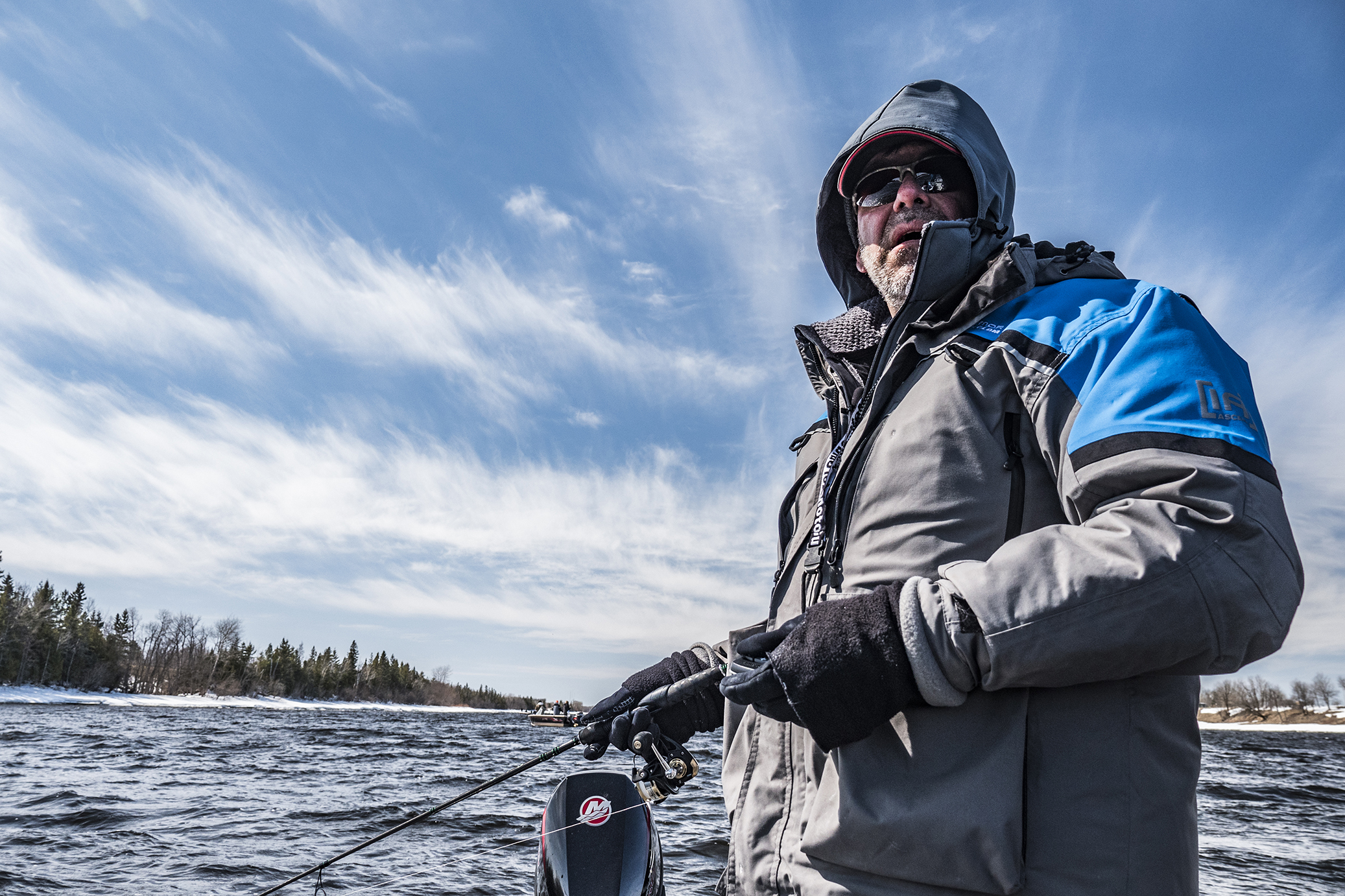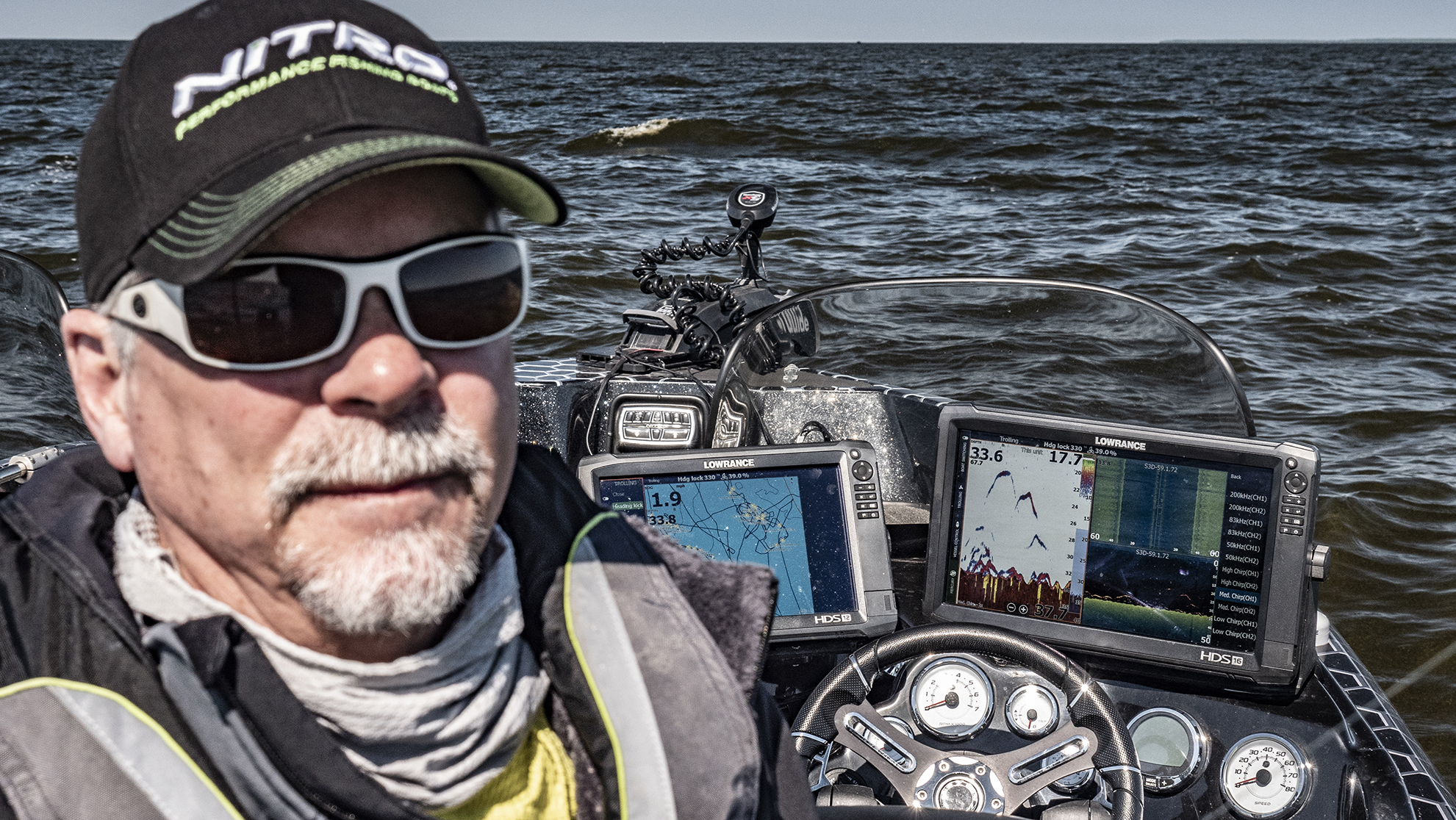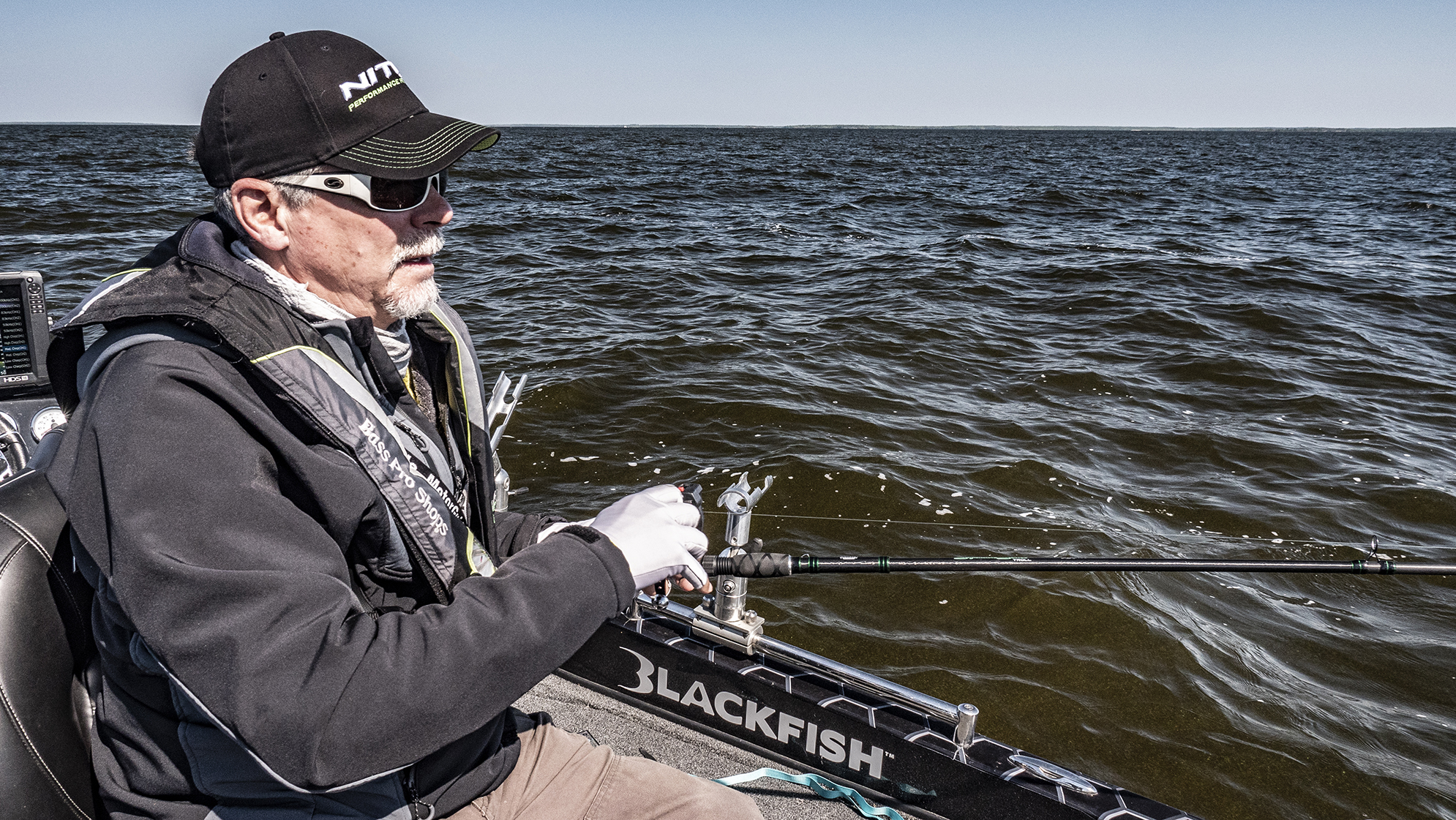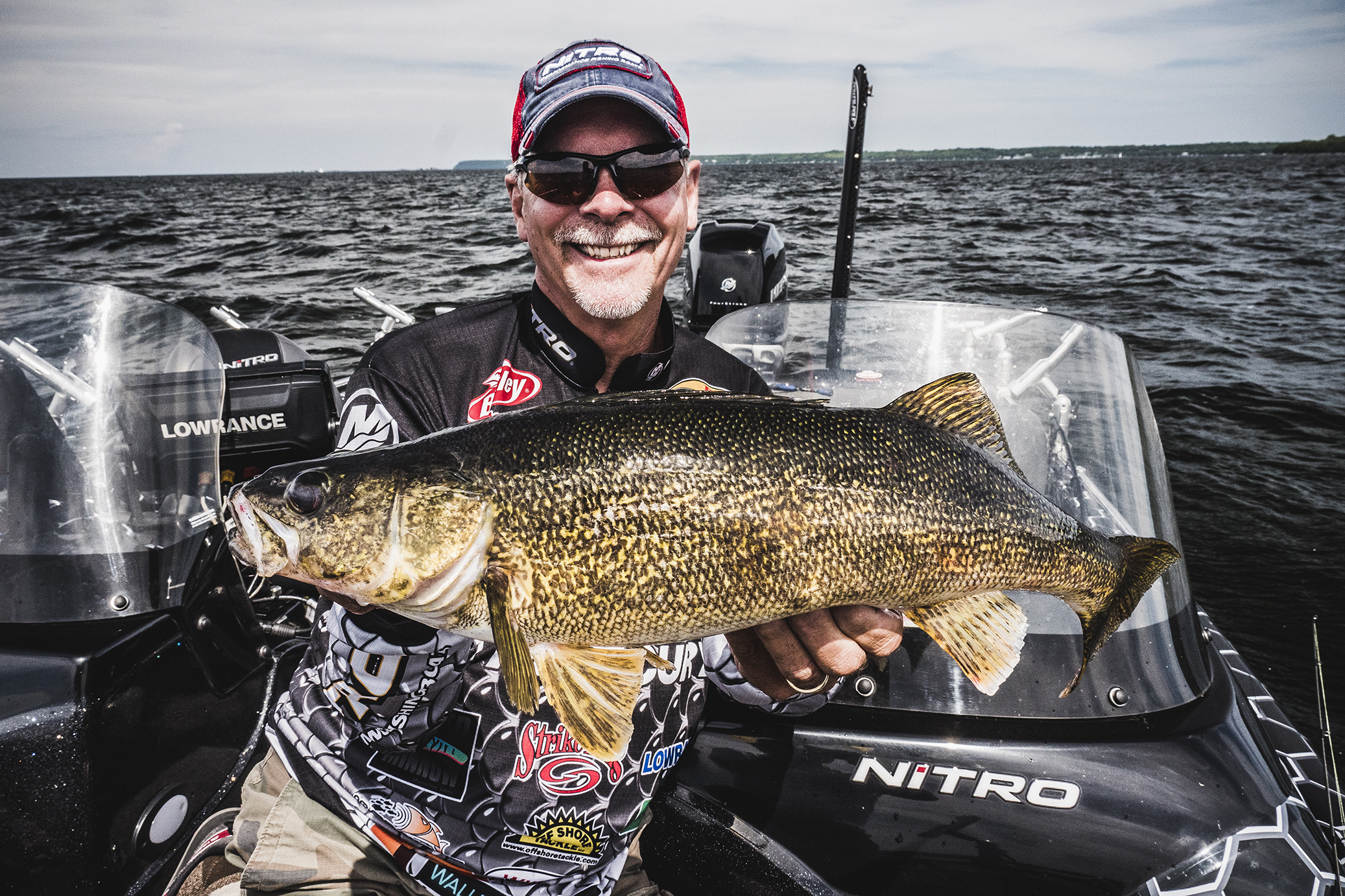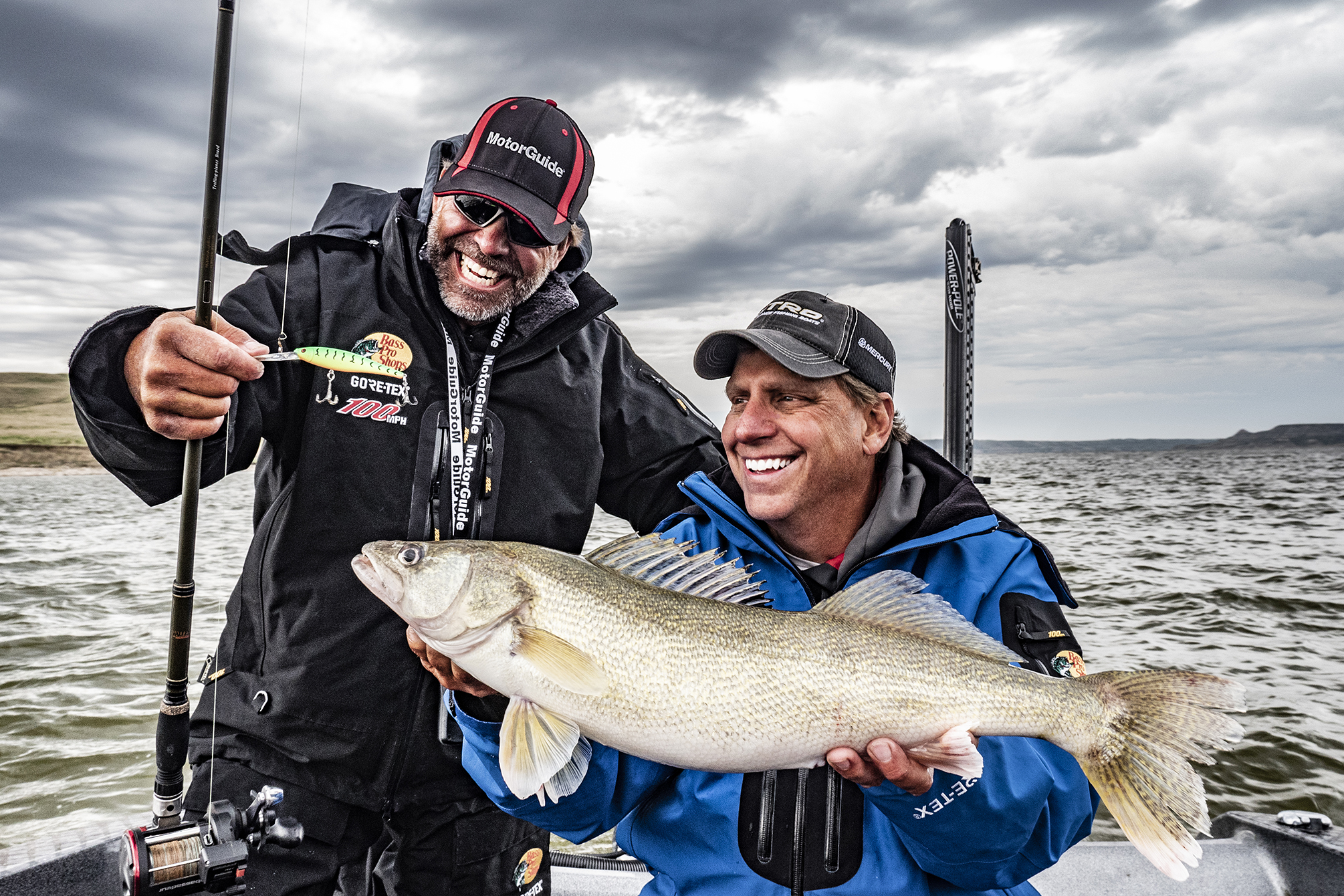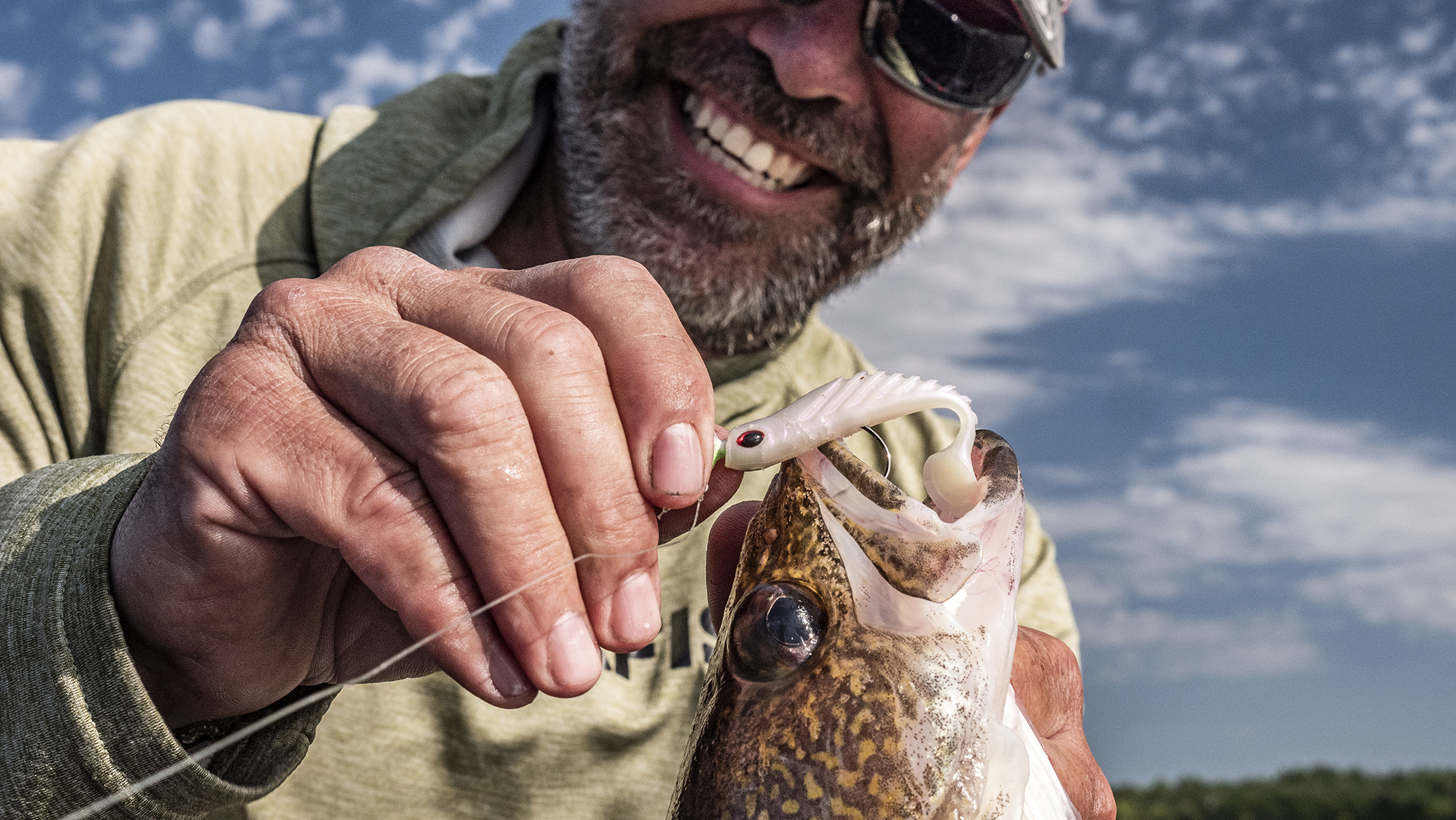It’s not hard to find people who love to fish, but it’s another thing to be good at consistently catching fish. If you have the knack – if you can track down fish and get them to bite – you’ve probably dreamed of turning that skill into either a part-time or fulltime business.
Daydreams of what it would be like to go fishing and get paid for it can be fun, but they don’t help you become a guide. Beneath the surface of those dreams, you know there’s more to it than just getting paid to go fishing. To really become a guide, you’d have to know how to start (and run) a small business, how to get your name out there so people book trips with you, how to leave them satisfied so they book you again.
The summer has wound down, and it’s time to think about your future.
Especially if you would love to be a fishing guide.
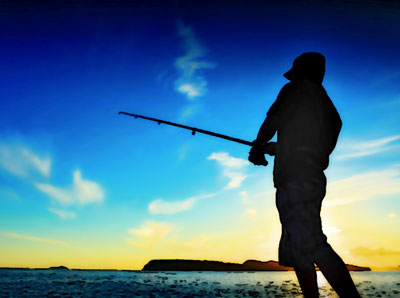 It’s not hard to find people who love to fish, but it’s another thing to be good at consistently catching fish. If you have the knack – if you can track down fish and get them to bite – you’ve probably dreamed of turning that skill into either a part-time or fulltime business.
It’s not hard to find people who love to fish, but it’s another thing to be good at consistently catching fish. If you have the knack – if you can track down fish and get them to bite – you’ve probably dreamed of turning that skill into either a part-time or fulltime business.
Daydreams of what it would be like to go fishing and get paid for it can be fun, but they don’t help you become a guide. Beneath the surface of those dreams, you know there’s more to it than just getting paid to go fishing. To really become a guide, you’d have to know how to start (and run) a small business, how to get your name out there so people book trips with you, how to leave them satisfied so they book you again.
Most people never get around to doing anything about it, often because there isn’t a way to go to school and major in fishing guide. At least, there hasn’t been a way to go to school and receive fishing guide training, until now.
A new, Internet-based course called Professional Fishing Guide Training is being offered by a company that’s been training people in gunsmithing, locksmithing, small engine repair, woodworking and more since 1926.
“Expanding into the outdoors was natural for us,” says Kolt Ringer, General Manager of the Foley-Belsaw Company. “People love to fish, but most people struggle to catch fish on their own. There is, and always will be, a big need for professional fishing guides.
“But there’s a huge difference between being good at catching fish and being a good guide. Being a successful guide. Being the owner of a successful small business. That’s where our training takes over. We aren’t going to teach you how to catch fish. But if you already know how to do that, we’ll teach you how to set up and run a successful guide service.”
Online and Cutting Edge
Rather than receiving course materials through the mail, students of Professional Fishing Guide Training tap into Foley-Belsaw’s Online Training Center, where the latest version of the course is always available after logging in.
The course begins by helping students fully understand the difference between “going fishing” and being paid to put customers on fish. “That’s an important mindset to establish and maintain,” says Ringer. “You’re in this because you love to fish, but you have to take care of your clients’ needs first when you’re a guide.”
From there, the course is divided into “SkillPak” sections, which include:
* Setting up a fishing guide business
Features goal setting, coming up with a name, creating a plan, buying insurance, setting up a bank account, handling finances, setting up social media accounts, and more.
* Setting up a fishing guide business online
How to build an online presence that markets and automates your guide business.(A series of detailed seminars, including how to build your own web site.)
* Operating a successful fishing guide business
Creating time- and trouble-saving checklists, report forms, ideas for networking and more.
* Communications, public relations, and media relations
All the secrets to presenting yourself well and getting media exposure, an area where most guides fail, at least to a degree.
* Signing (and Keeping) Sponsors
Loaded with insider secrets on how to work with companies in the fishing industry and outside the industry, to sign and maintain sponsor deals that contribute directly to the bottom line of a successful guide business.
* Small Business Overview
The scoop on taking care of the legal side of establishing a fishing guide business, accounting, lines of credit, taxes, and more on marketing and sales.
“We’re in this to see everybody succeed,” says Ringer. “We’re available to help our students stay on track, including questions on how to get the technology to work with their computers.”
The course applies equally to new guides just starting out and people with established guide services “who are struggling to make it on the business side,” adds Ringer. “We know that the business angle does not normally come as naturally as the fish-catching angle.”
Final Exam
Once training is complete, there is a final exam, which students must pass with a minimum score of 80 percent to earn a certificate of completion.
“This is self-directed learning,” says Ringer, “so everybody goes at their own pace. We’re interested in results, in training successful small business operators. In this case, we happen to be helping good anglers live the dream of making the outdoors their office.”
Included in the course materials are detailed templates that walk students through the planning and operation of their guiding business.
“This is not a class that teaches good anglers how to catch even more fish,” stresses Ringer. “This helps good anglers, who want to run a profitable guide business, take all the guesswork out of the business side of it.”
Notes: For more on Foley-Belsaw and its new fishing guide training, go to http://www.foleybelsawoutdoors.com.

